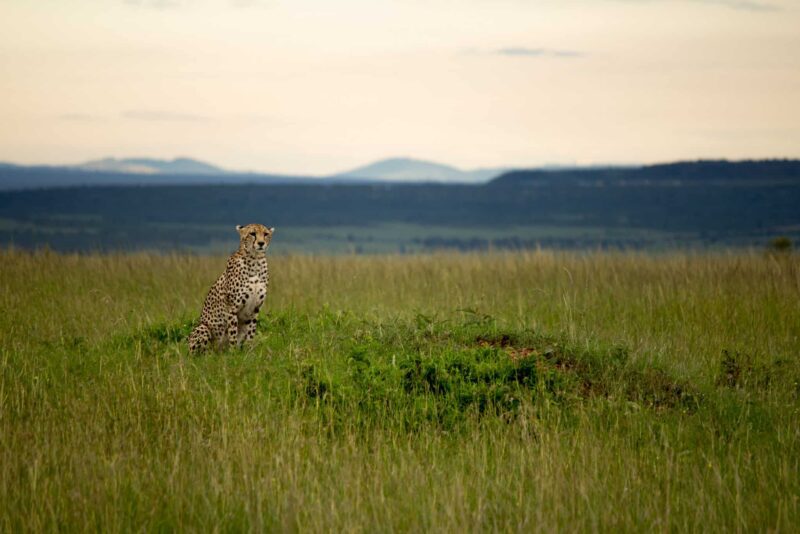Internews’ Earth Journalism Network (EJN) is joining forces with Internews’ Africa Program to launch our latest project: Increasing East African Media Coverage of Conservation and Wildlife Issues.
This work comes at a time when global biodiversity is facing severe threats from environmental change and degradation and an increase in poaching has allowed the illegal wildlife trade to thrive. These threats are particularly severe in parts of Africa native to species, such as elephants, rhinos and pangolins that are in high demand for their meat or parts.
With that in mind, the two-year project will focus on improving media coverage of conservation issues, including wildlife trafficking and human and wildlife conflicts in East Africa through workshops that build reporting skills, story grants, stipends to support investigative reporting and roundtables for journalists working on investigative features. The project is being supported by a joint grant from the US Department of Interior and the US Agency for International Development.
By supporting journalists in East Africa to produce high-quality solutions-focused stories about conservation and its threats, the project aims to raise awareness about an increasingly critical issue and give citizens, policy-makers and businesses an understanding of what’s needed to protect the region’s species and environment.
“Internews in East Africa is well known for its health, democracy and governance trainings and support to the media. This conservation and wildlife project presents new and topical issues that journalists need to focus on in the region,” said Fatuma Sanbur, senior program officer for Internews’ East and Southern Africa programs.
Reporting workshops will involve local experts and include field trips to places that serve as examples of successful conservation efforts or highlight conflicts and threats facing local ecosystems. Some of the themes to be covered in the trainings and roundtables include the impact of new infrastructure, such as ports and railways, on wildlife and conservation.
As with EJN’s other ongoing projects, the East Africa Wildlife Journalism project will also provide funding and mentorship to selected journalists to produce stories on under-covered conservation and wildlife issues for the local media.
The project will work to identify journalists who can investigate and uncover wildlife trafficking networks in the region – including financial flows, trafficking routes and corruption helping feed the trade – and will hire an experienced investigative journalist to serve as an editor and mentor.Internews Africa and EJN will begin planning its first training workshop in the coming months with plans to support dozens of East African journalists through skill-building and reporting grants. Keep an eye on the EJN website and future newsletters for updates and announcements about related opportunities.
 |
 |
(Banner photo: Credit to Anup Shah via Flickr.com)
